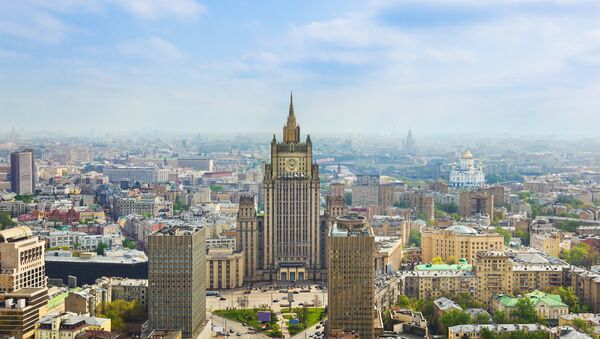A typical mega-city drives growth, progress, jobs and prosperity in a wider national economy. But that is not true of every mega-city. The key question here is whether the city is easy to live and to do business in. In just around two decades of capitalism, Moscow, Russia’s biggest city, has become a true global cosmopolitan city with some 12 million inhabitants. But whether its business environment is favorable enough for investors is not yet well-defined.
There’re quite a few surveys and researches evaluating the cities’ investment attractiveness, some of them include Moscow into their top twenty most lucrative investment destinations in the world. However, some analysts say Moscow isn’t the best even in Russia.
“Talking about investment climate, we should acknowledge that it’s still far from being perfect, compared with the whole country… Moscow is very big, so sometimes problems with improving efficiency maybe related to its big size. It’s difficult to improve investment climate as good as it was improved, for example, in Kaluga region, or some smaller regions where it’s much easier to develop government procedures and state services,” Oleg Kouzmin, a Moscow-based economist at Renaissance Capital, said.
Andrei Sharonov, former Deputy Mayor of Moscow for economic issues, who now serves as Dean of Moscow School of Management SKOLKOVO and heads Executive Committee of Moscow Urban Forum, says for Moscow the quality of investment is even more important than the quantity of cash coming to the city.
“Investment climate is an important issue for any city, any town, any region and even country. But for Moscow, it’s an issue of smart money, smart investment, which brings not only money as such, but also expertise, know-how, which helps create jobs… For Moscow it’s a challenge to be a smart city,” Andrei Sharonov said.
Last year, $35.3 billion was invested in Moscow. It’s getting rather difficult to promote a positive image of Moscow, especially among foreign investors, and attract new money, on the back of the ongoing standoff between Russia and the West over Ukraine. However, geopolitical turbulence or not, the Russian capital aims to nearly double the share of private competitive investments into the city by 2025, and jump from 58th place in the Global City Competitiveness Index where it was placed in 2012, into a slot between 30th and 40th.

